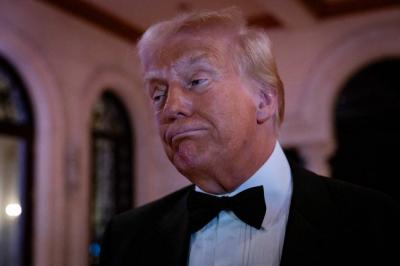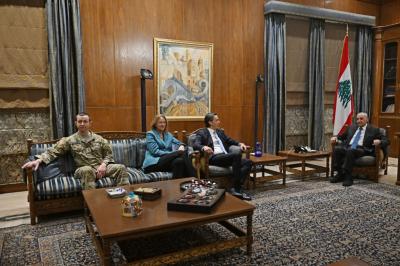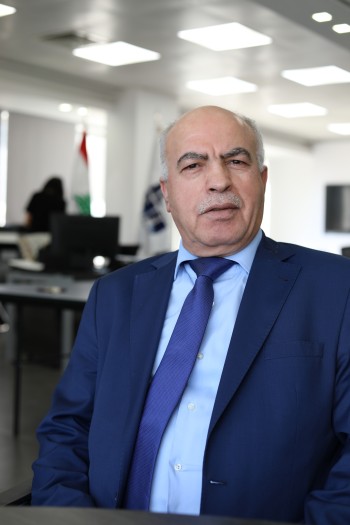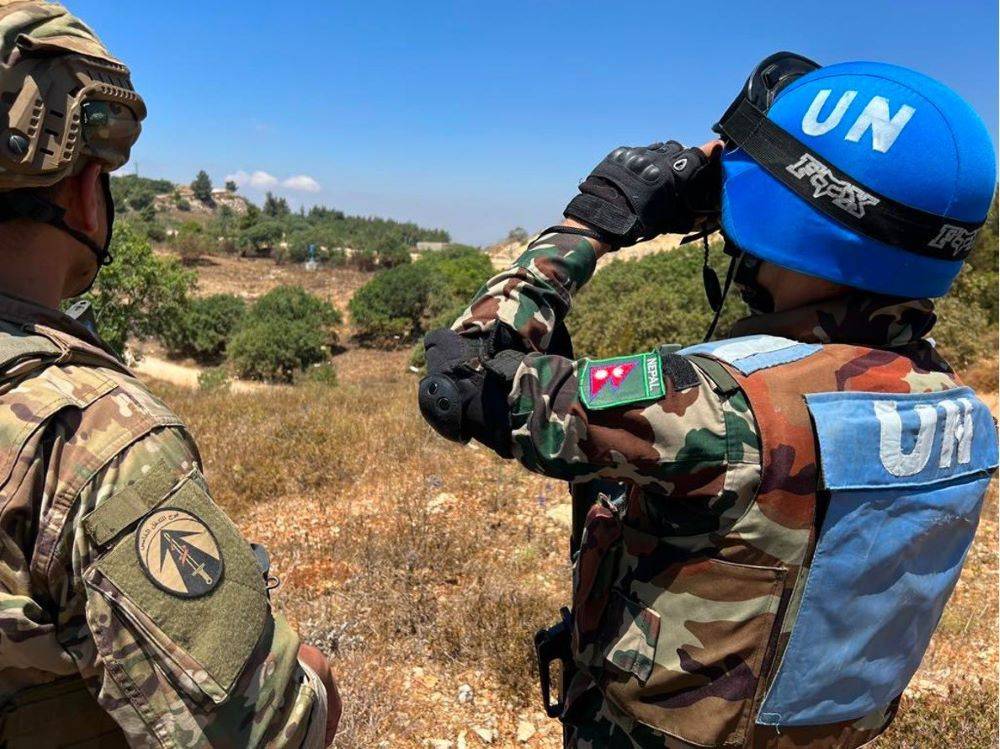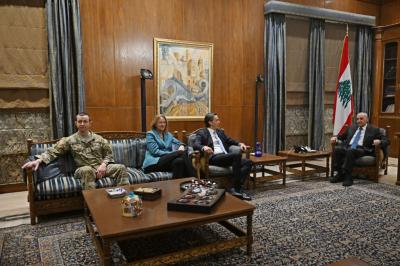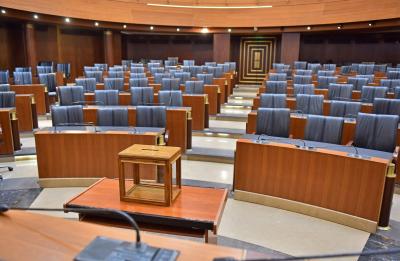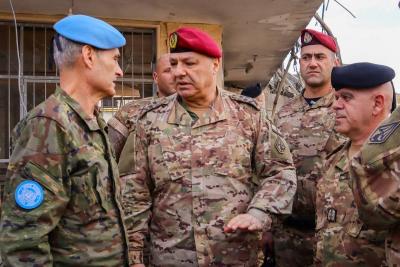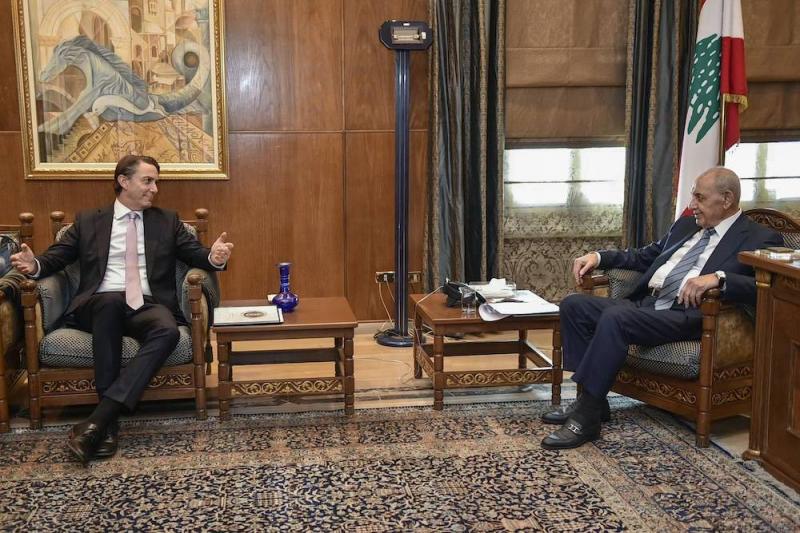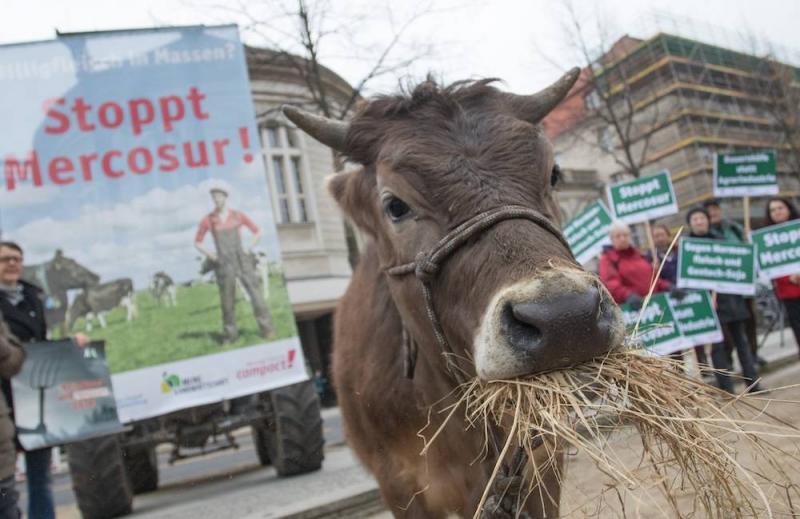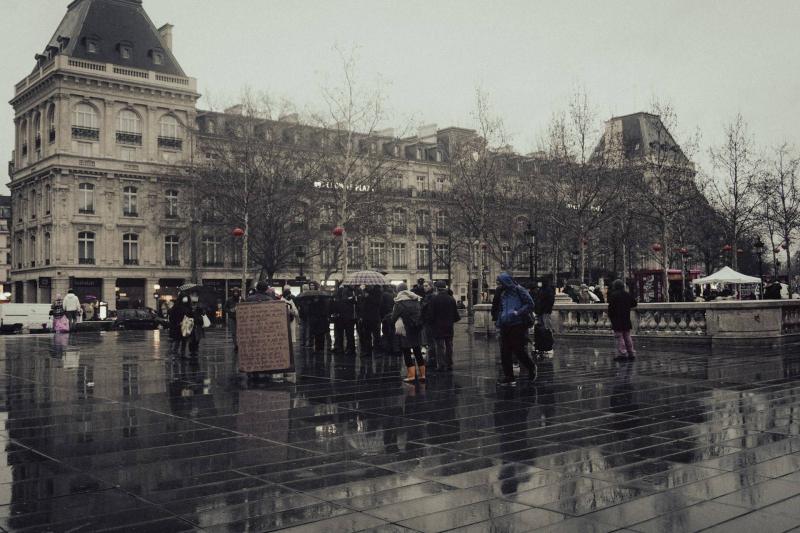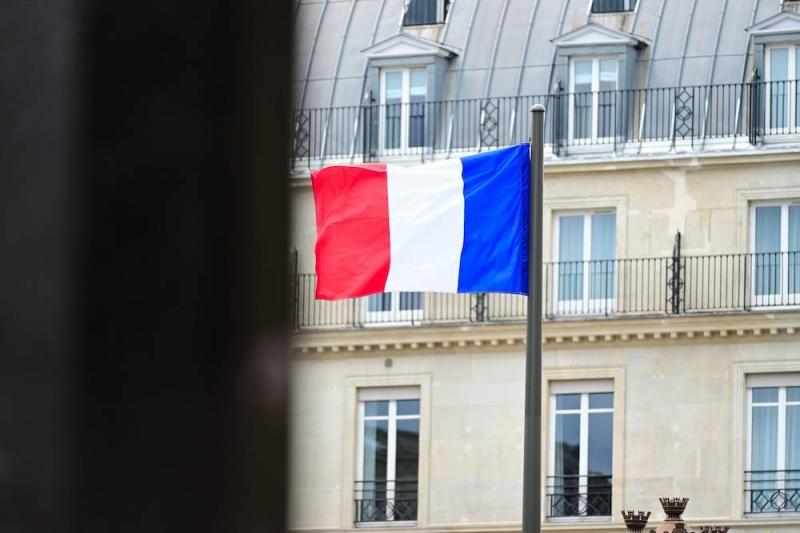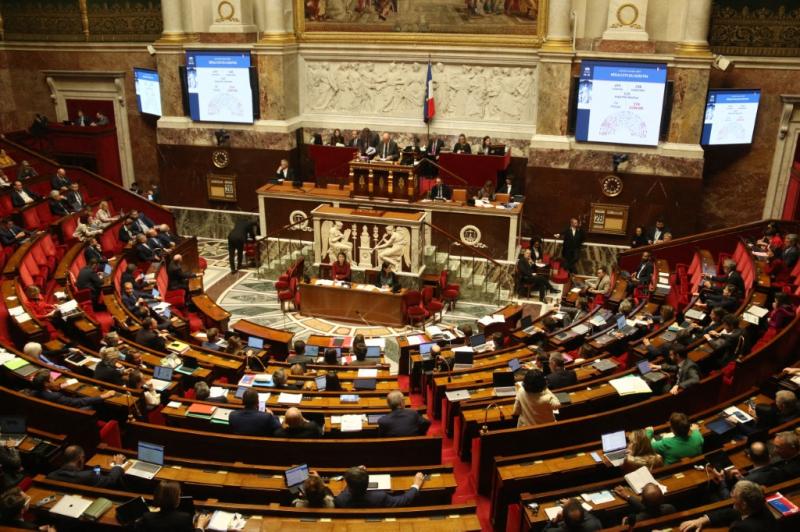It is in this context that Hezbollah's setting up of tents on Lebanese territories adjacent to the occupied part of the Shebaa farm can be understood.
Recent political developments suggest a new phase of void in the presidential election, potentially extending until the end of the year, or just before. This is unless an unexpected event unveils the "promised secret" to the concerned parties and prompts them to elect the future president, even with the unflattering label of a "reluctant brother, not a hero."
According to a prominent political leader, the exact timing of the return of French diplomat Jean-Yves Le Drian is not essential. What matters is that he arrives later this month, after making an initial visit to Lebanon and going to the Élysée. His questions were met with convincing answers, bolstering his confidence in the viability of the French initiative based on the equation: "Sleiman Frangié as President of the Republic and Nawaf Salam as Prime Minister." These answers strengthened his belief that a balanced solution is the realistic path to resolving the Lebanese crisis, thus avoiding any sense of injustice or exclusion for any group.
The spread of the idea that one group is trying to impose its president on the other demonstrates a lack of understanding of the new regional dynamics, including in Lebanon. This comes in the context of Saudi-Iranian and Saudi-Syrian agreements, not to mention the United States' desire to reorient its relations, whether with Iran, the Kingdom of Saudi Arabia, or even Syria, which has made a notable return to the Arab League. This development was not implicitly hoped for by Washington, but was ultimately accepted.
Le Drian's return is therefore expected, says the political leader himself, with two major orientations:
Firstly, it will be about persuading Lebanese political actors to sit at the negotiation table, whether in Parliament or at the Baabda palace, although some would prefer these discussions to take place in one of the capitals of the Five Arabs and international powers (United States, France, Saudi Arabia, Egypt, and Qatar).
Secondly, the goal will be to convince Lebanese political actors to adopt a resolution formula without resorting to direct negotiations, based on the French initiative that has been previously approved, at least between Washington, Riyadh, and Paris. However, Washington is trying to maneuver by supporting the positions of Egypt and Qatar, who propose General Joseph Aoun as an alternative to Frangié, while accepting Nawaf Salam as Prime Minister. Nevertheless, Washington realizes that this will not be easily achievable, as it approached the maritime delimitation issue without giving anything in return, a situation that the resistance camp corrected belatedly.
It is in this context that Hezbollah's setting up of tents on Lebanese territories adjacent to the occupied part of the Shebaa farm can be understood. It is an indirect message addressed to the Americans and Israelis, calling on them to stop interfering in Lebanese internal affairs and hindering the realization of constitutional deadlines, under penalty of opening the southern front. In this scenario, maritime delimitation and the exploitation of gas and oil resources will no longer be safe, especially since Lebanon has not yet drilled or extracted oil or gas, still waiting for a drilling platform, acting as if no other existed in the world. Israel's annexation of the Lebanese part of the town of Ghajar provided the party with a justification to engage in a recovery battle, especially since the rules of engagement in force since the July 2006 war allow it to retaliate against any Israeli aggression on Lebanese territory. However, so far, it hesitates to react and observes the American position before acting.
In this context, the political leader reveals that it was the United States that authorized the Israelis to take control of the northern part of the border town of Ghajar. This situation could be used as leverage to initiate mediation with Lebanon and convince them to lift the tents in exchange for Israeli withdrawal from Ghajar. In this perspective, Amos Hochstein, the architect of the maritime delimitation agreement, was sent to Israel as part of a mediation that could subsequently lead him to Lebanon. However, the Americans would be mistaken if they thought that Israeli withdrawal from Ghajar is the only expectation towards them. They are aware of the non-negotiable demands which consist of facilitating the election of a President of the Republic and the formation of a new Lebanese government.
It should be noted that one of the motivations for the Americans for this mediation is to deter the Israelis from resorting to military actions at this stage, as they understand that this could harm their interests in Lebanon and the region. The Lebanese reaction, whether it comes from the State or Hezbollah, and conveyed to the UNIFIL leadership, is that the tents are set up on liberated Lebanese territory and will not be lifted. Moreover, the Israeli annexation of the northern part of Ghajar is a flagrant occupation and a violation of resolution 1701. Therefore, Israel must withdraw immediately and unconditionally, just as it must withdraw from the Shebaa farm, Lebanese territory that the Israelis have included in their zone since the October 1973 war, claiming that it is Syrian territory, when it is actually Lebanese and was used by the Syrians during the war with Lebanon's agreement. However, the Syrians withdrew from these lands due to the Israeli occupation of the Golan, and when drawing the "UNDOF" line to defuse the Syrian-Israeli conflict, the Israelis included them, in violation of international law.
In anticipation of the ideas that Le Drian might bring in terms of dialogue or others, the political leader reveals that some actors involved in the presidential election, including MP Ghassan Skaf, are beginning to promote the idea of exploring a "third option" in case of deadlock of the candidates from both parties. This would involve reaching an agreement on the name during discussions, but this proposal clashes with the reality that the "Shiite duo" and its allies are not ready to give up their support for Frangié's candidacy, unless the latter withdraws, which is not envisaged by him. He is determined to continue the presidential race to the end, whatever the outcome.
In the context of all these elements, in relation to the Yellow Vests movement in France, says the political leader, the fate of the presidential election will depend on two crucial factors:
Firstly, Saudi Arabia's position following its contacts with Tehran and Damascus. The Iranians have already affirmed to the Saudis, and will reaffirm, that they do not interfere in Lebanese presidential affairs and that they have total confidence in Hezbollah and its allies. The Syrians, for their part, maintain a neutral position, but it is difficult to speculate on the evolution of discussions between them and the Saudis, as well as on the possibility of a new formula for future cooperation or any other formula concerning Lebanon.
Secondly, a communication door has opened between the "Free Patriotic Movement" and "Hezbollah", thanks to an initiative from the Movement's leadership. The head of the Movement, MP Gebran Bassil, sent his greetings to the party, which responded in kind. This opening comes in a context where information indicates that a debate within the Movement is pushing for practical dialogue with "Hezbollah" on the guarantees that the Movement could obtain in exchange for its support for Frangié, especially after seriously noting that the "duo" is not ready to give up this support for this man.
 Politics
Politics


